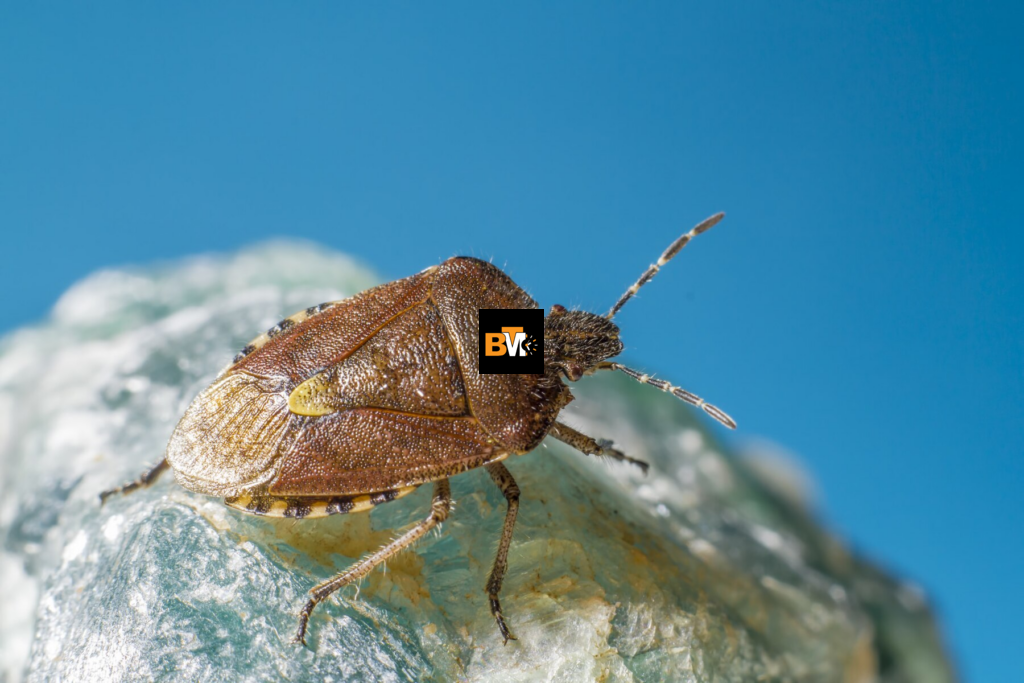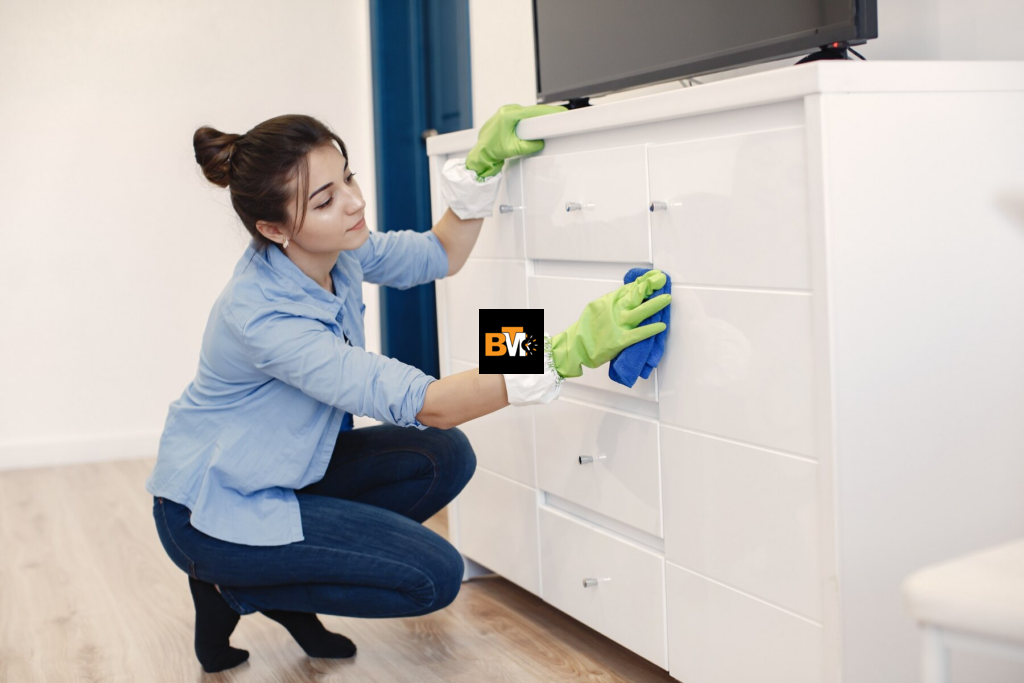Are you tired of battling pests?
Regardless of the seasons, you can find pests everywhere, whether it’s ants in the kitchen, cockroaches in the sink, or mice in your food storage. Not only do they contaminate food, but they also spread germs!
And wait, let’s not forget the costly damage they can cause you.
But what if you could stop this onslaught before it becomes an invasion?
A solution to any problem isn’t about reacting to it; rather, it is about finding the solution to the problem. Therefore, with the right tools at your hand, you can employ useful strategies to help avoid these pests.
If you’re curious to know about these strategies, keep reading this article as we discuss top techniques to keep your home pest-free year-round.
Understanding Common Household Pests

Before devising control measures, it is important to understand which pests are most likely to infest a home and in which season.
- Spring: Spring is characterized by the emergence of ants, termites, and mosquitoes due to the rise in temperature.
- Summer: In this season, flies, cockroaches, and wasps are more common because they thrive in warm weather.
- Fall: Spiders, rodents, and stink bugs move indoors as they look for warm places to live.
- Winter: Rats and mice look for homes to evade the cold and find food.
Understanding seasonal insect trends will help you take preventative action before infestations happen. It is also advisable to seek advice from a pest control company to get help against possible future pest infestations.
Ways to Keep Your Home Pest-Free Year-Round
Since now you are aware of different pests invading your home year-round, it’s time to look at different measures to help curb this issue effectively.
1. Maintain a Clean Home

The first and foremost approach when it comes to eliminating pests is to ensure that your home is clean. Since food, water, and shelter are the main triggers for pests, eradicating them is critical.
Kitchen and Dining Areas
- Make it a habit to clean any spillages or crumbs to avoid pests being attracted by the smell.
- Store food in airtight containers.
- Throw out the trash on a daily basis and ensure that the bin has a lid that closes tightly.
- Clean the dishes immediately, and do not let them pile up in the sink.
Bathroom and Laundry Areas
- You should repair all leaking points since moist areas serve as perfect habitats for cockroaches and other pests.
- Clear drainage systems with proper maintenance will stop pests from establishing breeding colonies.
- All toiletries and towels should be kept in closed storage to stop pests from contaminating them.
Living Spaces and Bedrooms
- Regular vacuuming of carpets alongside furniture helps remove both food debris and pet hair as well.
- Clearing storage areas and keeping them organized prevents insects from hiding in them.
- Eating food inside the bedroom should be avoided to keep insects away.
2. Seal Entry Points
The primary way pests gain access to homes is by exploiting small gaps in building structures. Check all entry points in the home and seal them to block their path.
Doors and Windows
- Apply door sweeps to external doors.
- Screen your windows with fine mesh fabric and fix all the tears in those screens.
- Use caulk to seal cracks emerging from window frames.
Walls and Foundation
- Use a filler to seal all holes and cracks that appear on your walls, particularly around pipes and vents.
- Apply weather stripping to door and window frames in order to seal out moisture.
Utility Openings
- Install mesh screens across vents to block rodent and insect entry.
- Seal gaps around pipes and wiring by using either steel wool or caulk.
3. Manage Outdoor Spaces

Pest control starts from your yard area. An outdoor environment free of pests will decrease the number of pests that try to enter your home.
Yard Maintenance
- Regular trimming of bushes and trees around your house will stop pests from using them as bridges to your home.
- Mowing your lawn regularly creates an environment where rodents and insects find it difficult to hide.
- Destroy all sources of standing water since they serve as breeding sites for mosquitoes.
Trash and Compost Management
- Use tightly sealed containers for waste to stop drawing pests.
- Store your firewood at a distance from your house since it serves as a nesting zone for termites and rodents.
- Regular mixing of compost, along with covering your bins, will help prevent pests from entering it.
4. Use Natural Pest Deterrents
To keep your house pest-free, use natural deterrents if you favor environmentally friendly pest control techniques.
Essential Oils
- Peppermint oil detains ants, spiders, and mice.
- Lavender oil keeps moths and mosquitoes away.
- Tea tree oil keeps bedbugs and lice at bay.
Diatomaceous Earth
- A natural powder that dehydrates and kills insects like cockroaches, ants, and fleas.
- Sprinkle it on baseboards and entry points for efficient pest control.
Homemade Repellents
- Vinegar and water solution repels ants and cockroaches.
- Citrus peels at entry points repel spiders.
- Baking soda and sugar traps efficiently eliminate cockroaches.
5. Regular Inspections and Professional Pest Control
Sometimes, even with the most excellent preventative measures, bugs can still discover a way inside. Standard reviews and proficient pest control services can offer assistance in addressing invasions that have recently gotten too extreme.
- Check for signs of pests, such as droppings, chewed materials, or bizarre odors.
- Plan a yearly pest control review, particularly for termite-prone ranges.
- Utilize proficient exterminators for persistent infestations that domestic remedies can’t control.
Bottomline
Keeping your house pest-free all year round requires constant effort and a combination of techniques. By keeping your house clean, sealing entry points, etc., you can effectively prevent infestations.
Regular checks and expert pest control services provide additional protection against chronic pests. With these preventive techniques, you can have a safe, warm, and pest-free home throughout the year.







Leave a Reply